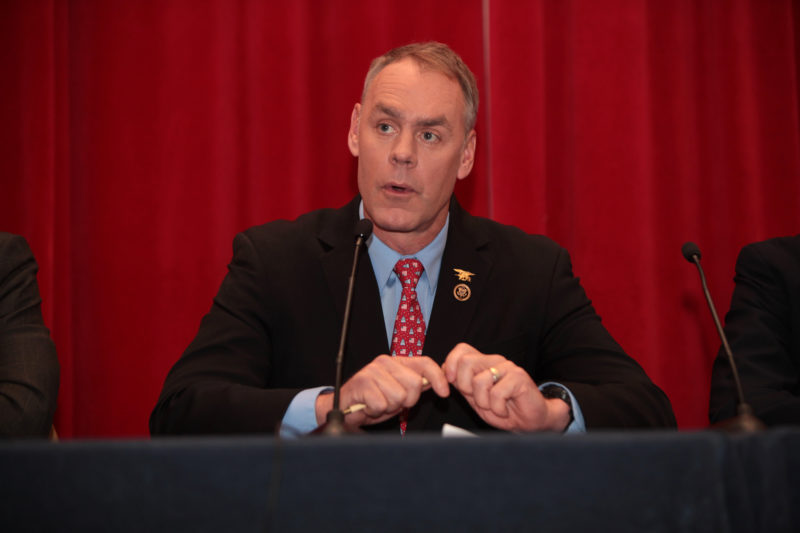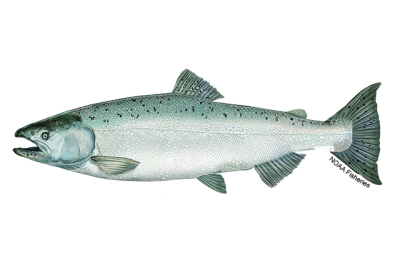Soon after President Trump announced his plan to cut the size of Bears Ears and Grand Staircase-Escalante, marking the largest reversal of national monument protection in U.S. history, Interior Secretary Ryan Zinke officially recommended making changes to marine national monuments.
On Tuesday, Dec. 5, Zinke proposed allowing fishery management councils to decide whether commercial fishing should be allowed in the Northeast Canyons and Seamounts, Pacific Remote Islands and the Rose Atoll monuments. He also suggested shrinking the size of both Pacific monuments.
“America has spoken, and public land belongs to the people,” Zinke said in a statement Tuesday. “As I visited the monuments across this country, I met with Americans on all sides of the issue — from ranchers to conservationists to tribal leaders — and found that we agree on wanting to protect our heritage while still allowing public access to public land.”
The Trump Administration has been considering this recommendation since September.
“No president should use the authority under the act to restrict public access, prevent hunting and fishing, burden private land, or eliminate traditional land uses, unless such action is needed to protect the objects,” wrote Zinke in his recommendation, also stating that Congress, not the president, should have the power to make these designations.
Trump’s decision regarding the Utah monuments has been met with a slew of lawsuits from conservationists and environmentalists.
Fishermen have come out in support of opening harvesting in the monument, although its size will not be affected, according to the recommendation. Pacific fishermen are concerned that the Papahānaumokuākea Marine National Monument was not mentioned in the recommendation but are hopeful that changes will come down the line.







